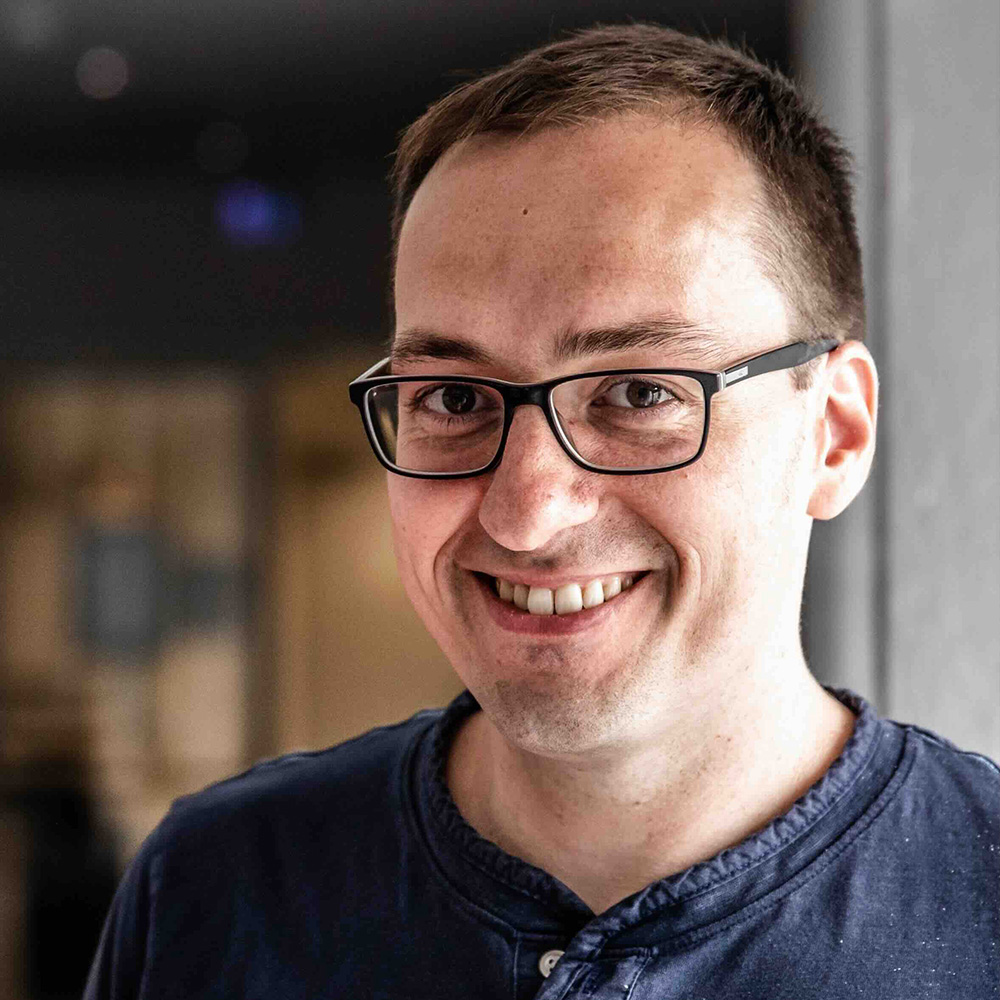Christian Hilbe
Research group:
Game theory helps us understand strategic decision‑making. It shapes how we design contracts, auctions, and institutions, but also explains everyday puzzles: what motivates charity, why modesty matters, how polarization arises, and when social learning works well or fails. In our group studying the dynamics of social behavior, we model these issues as games: defining who interacts, what choices they face, and how they adjust based on past success. We study how behavior evolves using math (stochastic and dynamical methods), simulations, and experiments. Our work draws from economics (how to foster cooperation), psychology (why fairness matters), biology (cooperation among animals), and moral philosophy (which social norms a society might adopt).
Short bio:
Christian Hilbe is Founding Professor of Game Theory and Evolutionary Dynamics and head of the Research Group on the Dynamics of Social Behavior. He combines mathematical models, computer simulations, and behavioral experiments to explore human decision making. Some of the questions that describe his research are: What makes people cooperate? How do they adapt their strategies over time? And how do individual behaviors give rise to collective phenomena, such as polarization?
Prior to joining IT:U, Christian was a group leader at the Max Planck Institute for Evolutionary Biology and held research positions at ISTA, Harvard University, and the University of Vienna. He is a member of the editorial board at the Proceedings of the Royal Society B, and at PLoS Computational Biology.
“It’s just fascinating to see how game theory and experimental methods can be used to make sense of human behavior”.
Christian Hilbe
You are currently viewing a placeholder content from Open Knowledge Maps. To access the actual content, click the button below. Please note that doing so will share data with third-party providers. For details please consult our privacy policy.
More Information
